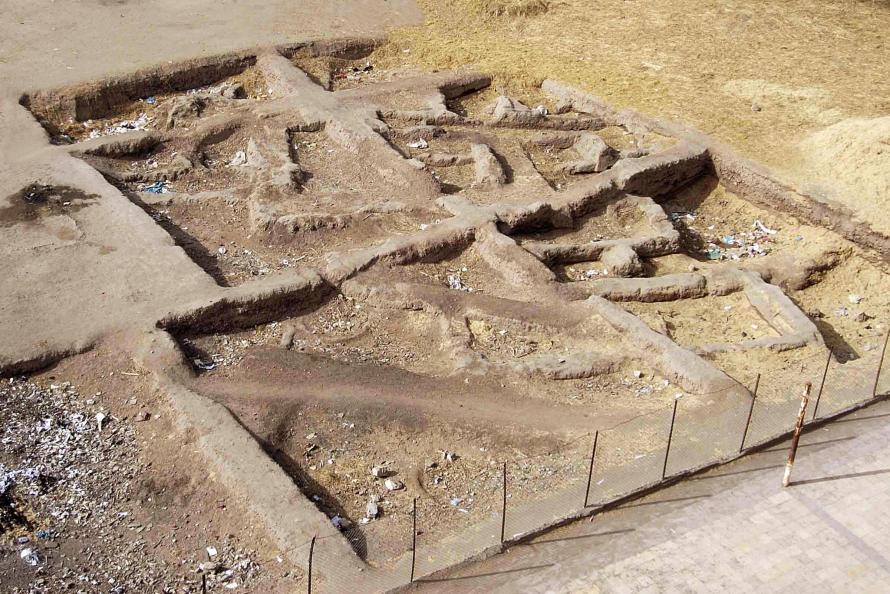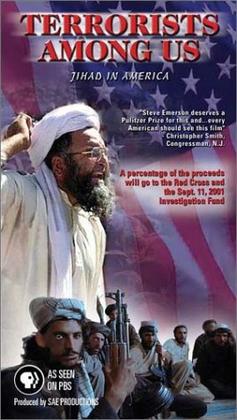Out of the Box: Land for Peace—Creative Solutions to the Palestinian Statelessness Crisis
The Palestinian statelessness crisis, centered in Gaza and the West Bank, remains one of the most complex and unresolved geopolitical issues of our time. As of 2024, approximately 2.1 million Palestinians live in Gaza and around 3 million in the West Bank, with millions more in exile across Lebanon, Jordan, and elsewhere. For decades, the two-state solution has been proposed, debated, and derailed. But what if we dared to think differently?
What if we took a page from history—not just from the failed attempts—but from bold, functional examples such as the resettlement of Bhutanese Nepali refugees in the United States? What if, rather than being boxed into borders carved in the mid-20th century, we explored creative, out-of-the-box solutions that involve regional cooperation, land reallocation, and global support?
Let’s explore a visionary (if controversial) idea: Land Swaps for Peace—creating space for a viable Palestinian state, not necessarily within the current West Bank and Gaza borders alone, but with regional and international cooperation. These ideas challenge orthodoxies but may offer real hope.
Foundational Pillars of the Vision
Before diving into proposals, here are five essential principles to anchor any such initiative:
-
Dignity and Self-Determination for Palestinians – A viable state with sovereignty, rights, and governance.
-
Security for Israel and Neighboring States – Guaranteed through international treaties, demilitarization zones, and peace pacts.
-
Regional Buy-In – Especially from Arab states, some of whom have normalized ties with Israel.
-
International Backing – The U.S., EU, Gulf States, and UN committing to infrastructure aid, economic investment, and long-term oversight.
-
A Constitutionally Democratic Palestine – With bans on armed militias, rule of law, and regular elections.
Three Bold Land Swap Proposals for a Viable Palestinian State
Proposal 1: The Sinai Solution (Egypt)
Concept: Egypt grants a coastal portion of the Sinai Peninsula (north of El-Arish) for the establishment of a new Palestinian state.
Why it makes sense:
-
The area borders Gaza, allowing existing Gazans to move without massive displacement.
-
Egypt maintains its sovereignty while leasing or ceding land through international guarantees.
-
Israel retains its current boundaries, increasing its security buffer.
What’s needed:
-
Massive investment in infrastructure (think: UAE, Saudi Arabia, U.S., EU).
-
Egypt receives economic and military assistance in return.
-
A constitutional Palestine with elected leadership and a demilitarized status, policed jointly by the UN and Arab League forces.
Proposal 2: The Jordanian Corridor (Jordan)
Concept: Jordan allocates a narrow strip of underutilized desert territory along the Israeli-Jordanian border as the site for a Palestinian state, in exchange for a permanent resolution to refugee status within Jordan and Israeli recognition of Palestinian sovereignty.
Why it makes sense:
-
Jordan already has a majority Palestinian population (approx. 50-60%).
-
The corridor could be connected via tunnel, high-speed train, or highway to the West Bank for continuity.
-
Economic development could revitalize underdeveloped Jordanian regions.
What’s needed:
-
International funding for building cities from scratch—think “Neom-style” futuristic, sustainable cities.
-
Jordan gains long-term water security, economic benefits, and energy cooperation with Israel and Gulf partners.
-
Palestinian government-in-exile transitions into real governance with democratic backing.
Proposal 3: The Negev Partnership (Israel + Egypt)
Concept: A jointly administered new Palestinian city-state is established in a corner of the Negev Desert, near the Egyptian border and Gaza. Israel swaps a portion of uninhabited desert land in exchange for internationally recognized sovereignty over major West Bank settlements.
Why it makes sense:
-
Israel retains key settlement blocs.
-
The new Palestinian state can be a showcase for international collaboration, modeled on Dubai or Singapore.
-
Strategic location for economic ties with both Israel and Egypt.
What’s needed:
-
The U.S. acts as political overseer, as it did in post-war Germany and Japan.
-
Constitution, multiparty elections, civilian governance, and strict ban on terror groups.
-
Construction of smart infrastructure: housing, schools, ports, railways.
Conclusion: Daring to Rethink What’s Possible
Each of these ideas is controversial. All of them require tremendous political will, historic compromise, and imagination. But the alternatives—ongoing war, generational trauma, and permanent displacement—are far worse.
The world once thought post-WWII Germany and Japan could never become thriving democracies. Today, they are global success stories. The Bhutanese refugee crisis, too, found a practical, if unconventional, solution through coordinated resettlement.
What if we could help Palestinians not only survive—but thrive—in a peaceful, democratic state of their own?
It begins with ideas. The courage to imagine. The will to act. The humility to collaborate.
Let the debate begin.
A New Sinai: A Bold Path to Peace Through a Coastal Palestinian State
The Israeli-Palestinian conflict has defied solution for generations. Decades of negotiations, war, diplomacy, and tragedy have left millions of Palestinians stateless and vulnerable, while Israelis continue to live with deep security fears. But what if we stepped completely outside the traditional framework? What if the solution didn’t lie in Gaza or the West Bank—but just south of it?
Imagine this: a new sovereign State of Palestine, established in the northeastern Sinai Peninsula, touching either the Mediterranean or the Red Sea, with no borders with Israel, but full access to the sea and international support for infrastructure and development. In exchange, Israel retains Gaza and the West Bank, but transfers an equivalent amount of land to Egypt in its southern Negev region.
Radical? Yes. But perhaps just radical enough to succeed.
The Core Proposal
-
Location: A Palestinian state on Egyptian territory in northeastern Sinai—coastal, sovereign, and contiguous.
-
No Borders with Israel: This removes a central source of conflict—daily border friction, security clashes, and mutual suspicion.
-
Israel-Egypt Land Swap: Israel cedes uninhabited Negev desert territory to Egypt as compensation for the Sinai land it provides to the Palestinians.
-
International Oversight: The United States leads a state-building process, akin to postwar Germany and Japan—drafting a democratic constitution, holding elections, building strong institutions, and banning terrorist groups like Hamas.
-
Massive Reconstruction Fund: The Gulf countries (UAE, Saudi Arabia, Qatar), the EU, China, and the U.S. jointly contribute to a multibillion-dollar aid and development fund for rapid construction of housing, transport, schools, hospitals, and economic infrastructure.
-
Sovereign Palestine: With its own ports, airports, and trade routes, the new state would not depend on Israel for imports or movement.
Why This Could Work
1. Geographic and Political Separation
Detaching Palestine from Israel’s borders may seem drastic, but it eliminates a long-standing obstacle: overlapping land claims. Israel retains the lands it de facto controls, and Palestinians are offered a clear, sovereign homeland—no checkpoints, no occupation, no enclosures.
2. Massive Development Opportunity
A blank-slate Sinai city-state could become a Dubai-like model, especially with billions in support from regional and global players. Imagine a smart, sustainable, green state—built from scratch with modern technology and planned urbanism.
3. Egypt’s Strategic Gain
Egypt receives territory from Israel and massive international investment in its Sinai region, long neglected and underdeveloped. It becomes central to a historic peace achievement, boosting its diplomatic standing and economic fortunes.
4. Israel’s Security Guarantee
Israel, now with secure and uncontested borders, achieves a longstanding goal: recognition of sovereignty over the West Bank and Gaza, and the end of terrorism at its doorstep, ensured by international demilitarization and political reform in the new Palestinian state.
5. U.S. and Global Leadership
The U.S. gets a Marshall Plan–style opportunity to reshape the Middle East positively, while other global powers like China and the EU gain influence by contributing to peace and stability. This cooperative international effort could reset the regional dynamics in a multipolar world.
Potential Challenges
-
Egyptian Consent: Egypt would have to agree to cede territory—a politically sensitive move. However, incentives like land gain, aid, and global prestige may shift the calculus.
-
Palestinian Buy-In: Moving populations is sensitive. Some may resist leaving historic lands. Yet, if the offer is freedom, dignity, and prosperity, many might choose it voluntarily.
-
Security Architecture: Ensuring that the new state doesn’t become a launchpad for extremism requires robust enforcement, global peacekeeping forces, and internal accountability.
-
Israeli Concessions: Though Israel retains land, it must still offer compensation and endorse the creation of a sovereign Palestine, which may be difficult politically.
A Future Worth Building
The idea of moving Palestine out of Gaza and the West Bank is not about erasure—it is about a future-oriented reset. For decades, peace has been hostage to geography. The land of Palestine has become synonymous with grief, not growth. Perhaps it’s time to ask: is it the land, or is it the people and their rights, that matter most?
A free Palestine in Sinai—with global backing, true sovereignty, and no borders with Israel—may be the boldest and most workable path forward. And in a world where everything else has failed, bold may be exactly what we need.
Let history remember this not as displacement, but as deliverance.
🧵 Out-of-the-Box Solution for Palestine 🇵🇸
— Paramendra Kumar Bhagat (@paramendra) July 2, 2025
Grounded Greatness: The Case For Smart Surface Transit In Future Cities
The Garden Of Last Debates (novel)
Deported (novel)
Empty Country (novel)
Trump’s Default: The Mist Of Empire (novel)
The 20% Growth Revolution: Nepal’s Path to Prosperity Through Kalkiism
Rethinking Trade: A Blueprint for a Just and Thriving Global Economy
The $500 Billion Pivot: How the India-US Alliance Can Reshape Global Trade
Trump’s Trade War
Peace For Taiwan Is Possible
Formula For Peace In Ukraine
A 2T Cut
Are We Frozen in Time?: Tech Progress, Social Stagnation
The Last Age of War, The First Age of Peace: Lord Kalki, Prophecies, and the Path to Global Redemption
AOC 2028: : The Future of American Progressivism
Grounded Greatness: The Case For Smart Surface Transit In Future Cities
The Garden Of Last Debates (novel)
Deported (novel)
Empty Country (novel)
Trump’s Default: The Mist Of Empire (novel)
The 20% Growth Revolution: Nepal’s Path to Prosperity Through Kalkiism
Rethinking Trade: A Blueprint for a Just and Thriving Global Economy
The $500 Billion Pivot: How the India-US Alliance Can Reshape Global Trade
Trump’s Trade War
Peace For Taiwan Is Possible
Formula For Peace In Ukraine
A 2T Cut
Are We Frozen in Time?: Tech Progress, Social Stagnation
The Last Age of War, The First Age of Peace: Lord Kalki, Prophecies, and the Path to Global Redemption
AOC 2028: : The Future of American Progressivism

.svg/2560px-Israel_in_its_region_(de-facto_and_Palestinian_territory).svg.png)
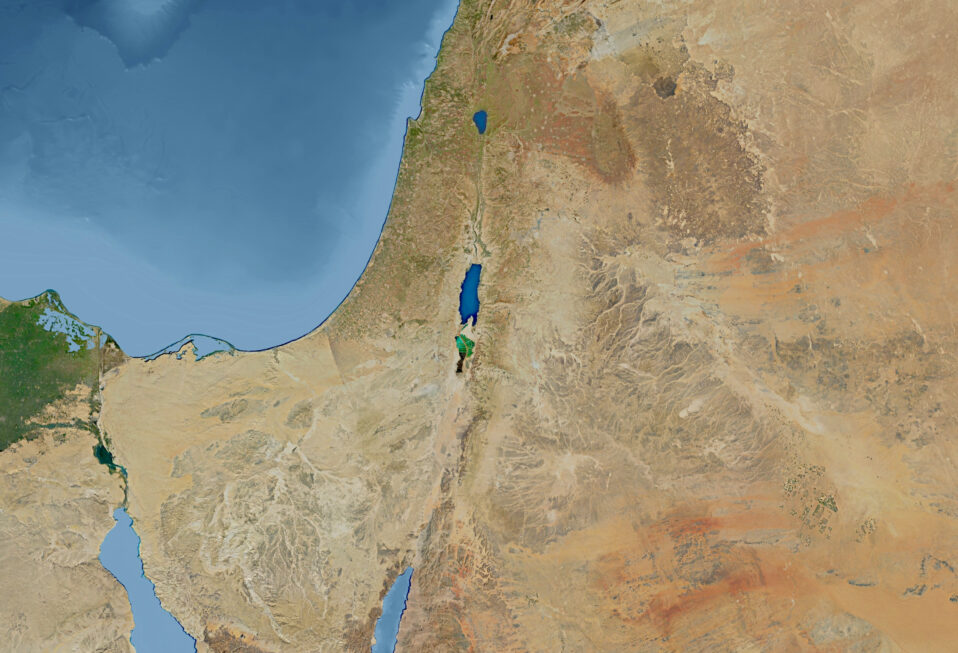

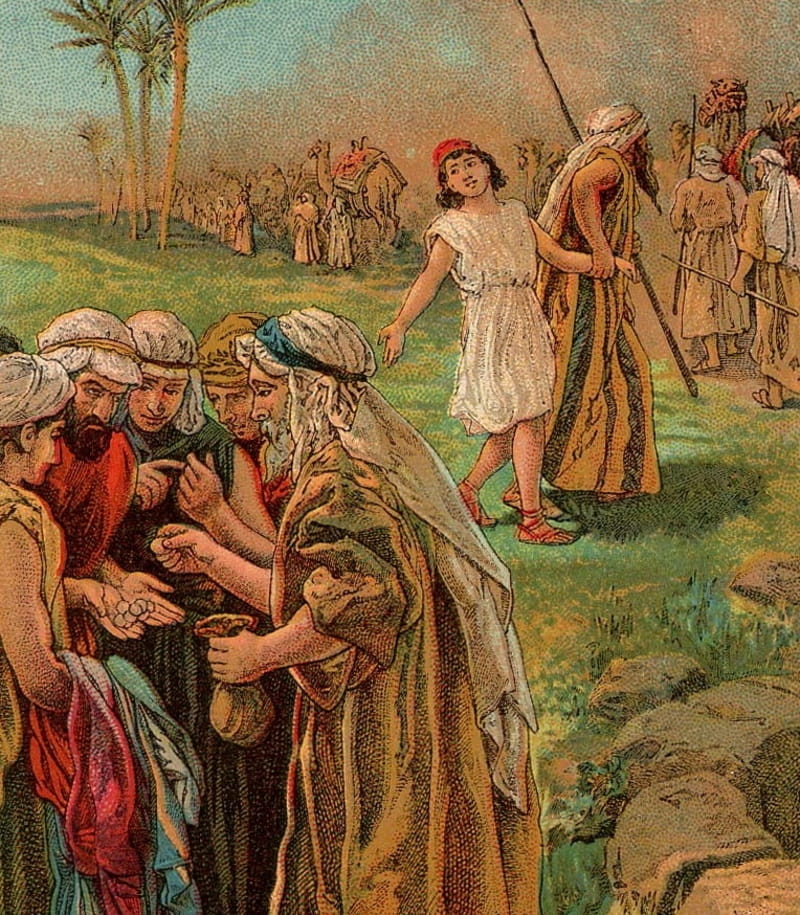


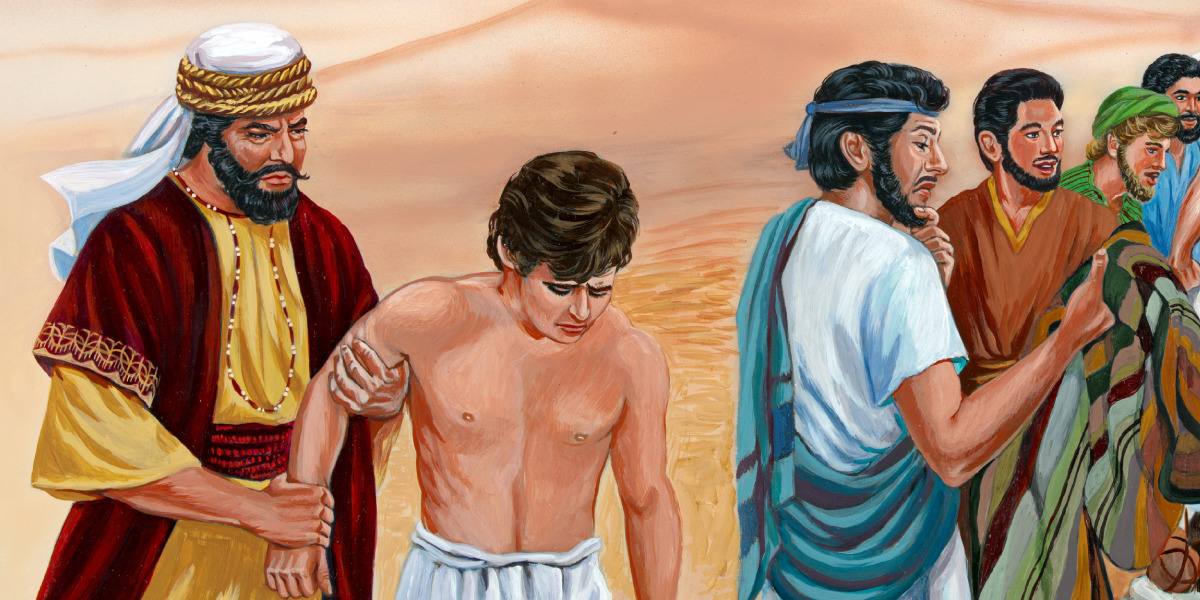

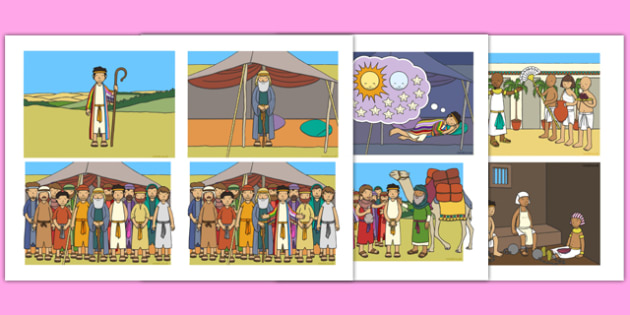

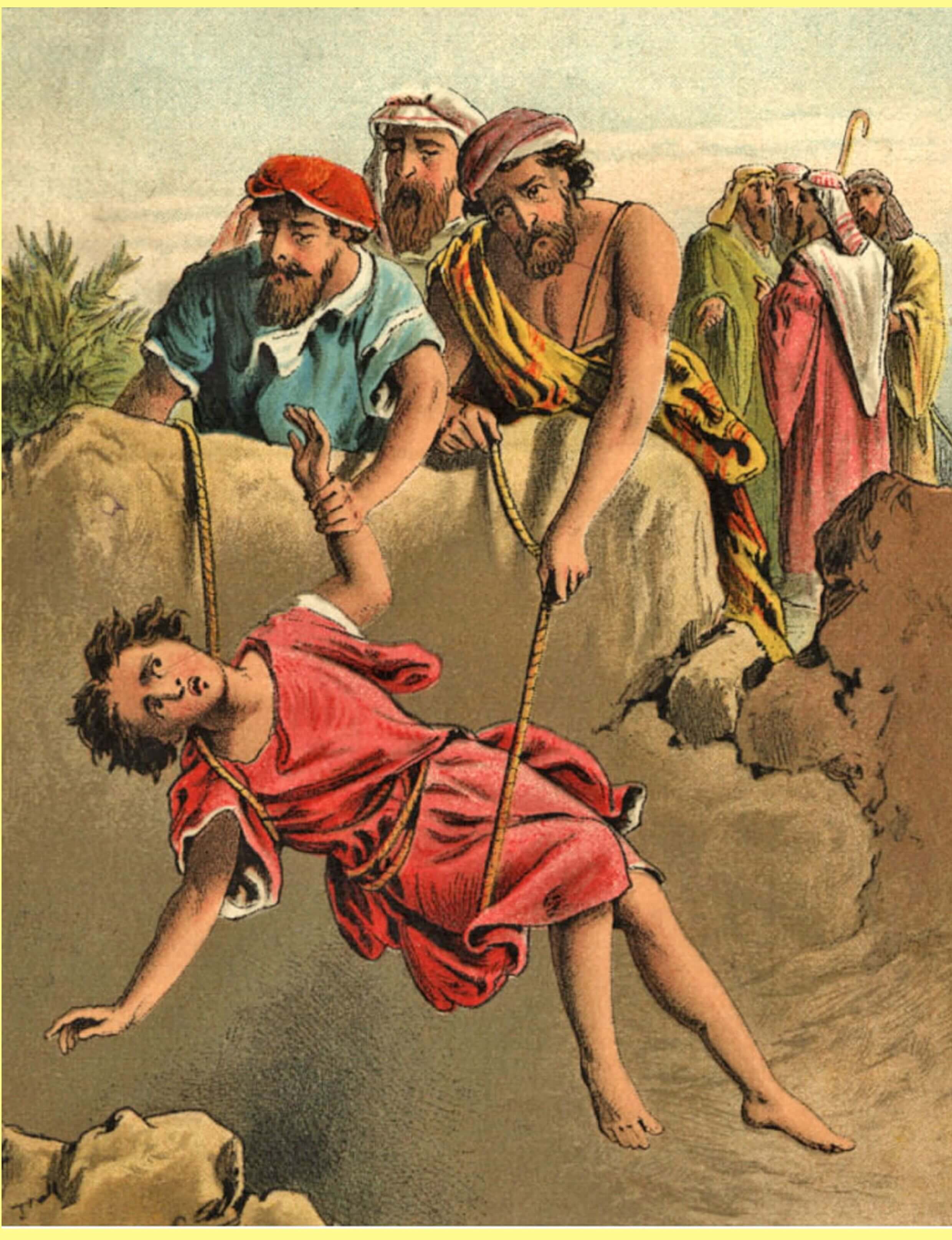
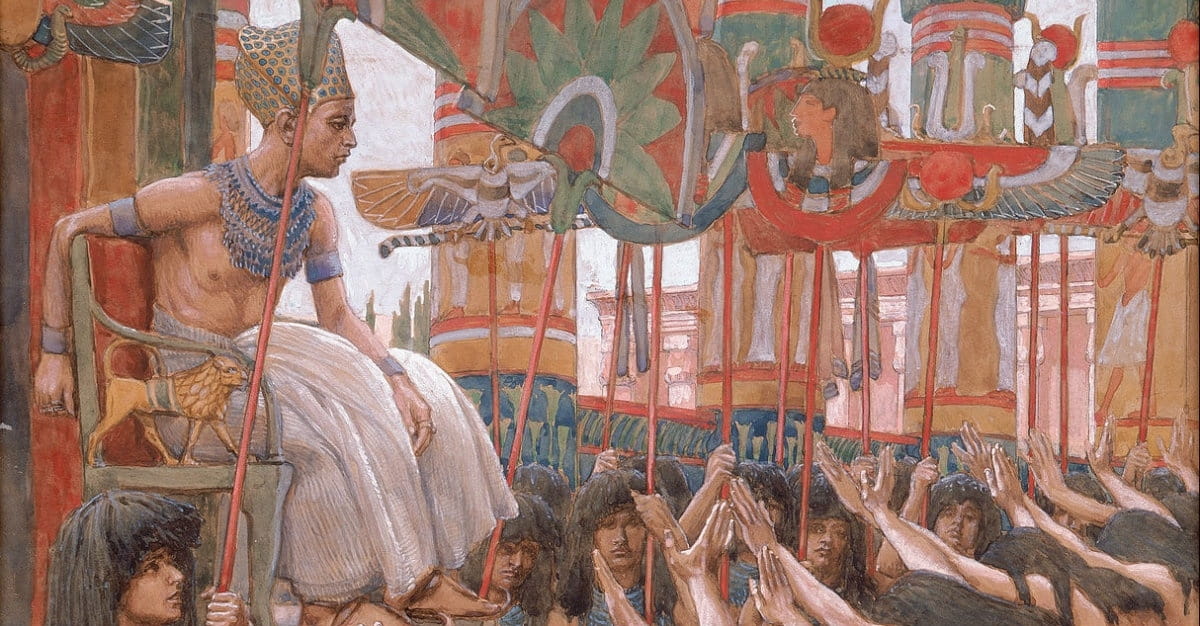

.800w.tn.jpg)

